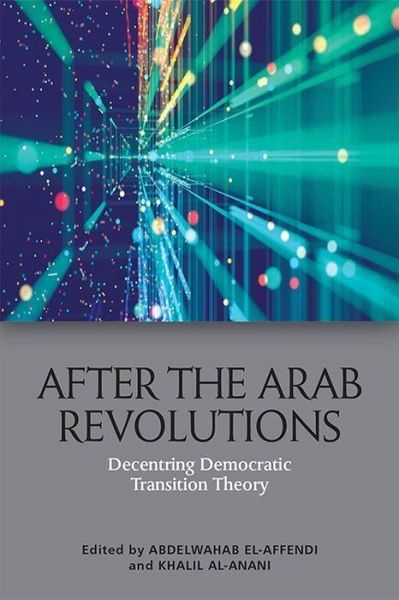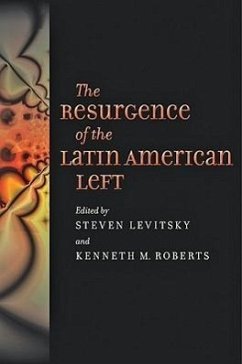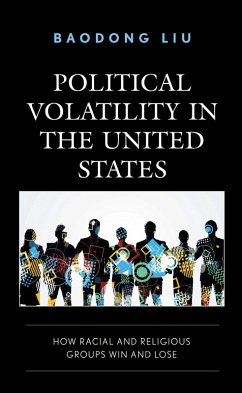
After the Arab Revolutions
Decentring Democratic Transition Theory
Herausgeber: El-Affendi, Abdelwahab; Al Anani, Khalil
Versandkostenfrei!
Versandfertig in über 4 Wochen
121,99 €
inkl. MwSt.
Weitere Ausgaben:

PAYBACK Punkte
61 °P sammeln!
An exploration of democratic transition theory, incorporating the lessons learned from the 2011 Arab revolutions This radical critique reclaims and recasts the 'Transition Paradigm' by countering the habitual use of advanced and successful democratic transitions as the template to be emulated in other regions. It argues that the Arab (and broader Middle Eastern) experience has important lessons to offer, even in its failures. For example, it could help to explain the recent populist upsurge and other democratic reverses in the West. After the Arab Revolutions brings together experienced schola...
An exploration of democratic transition theory, incorporating the lessons learned from the 2011 Arab revolutions This radical critique reclaims and recasts the 'Transition Paradigm' by countering the habitual use of advanced and successful democratic transitions as the template to be emulated in other regions. It argues that the Arab (and broader Middle Eastern) experience has important lessons to offer, even in its failures. For example, it could help to explain the recent populist upsurge and other democratic reverses in the West. After the Arab Revolutions brings together experienced scholars from the region and beyond, to cast new light on the challenges facing democratic transitions and democratic stability. Rather than taking refuge in 'context' and 'regional specificity' to excuse failures to unpack Arab politics, the book argues that sound political science should - and could - prove relevant across regions and cultures. Key features Offers a radically novel rethinking of democratic transition, featuring contributions from prominent authors and intellectuals such as Azmi Bishara, Hamid Dabashi and Asef Bayat, among others Reclaims and reformulates democratic transition theory, taking the Middle East, rather than the West, as the focal point Argues that recent Arab transitions are central to our understanding of the dynamics of democratisation, even in advanced democracies Abdelwahab El-Affendi is Provost and Acting President of the Doha Institute for Graduate Studies, Qatar. Khalil al-Anani is Associate Professor of Politics and International Relations at the Doha Institute for Graduate Studies, Qatar













